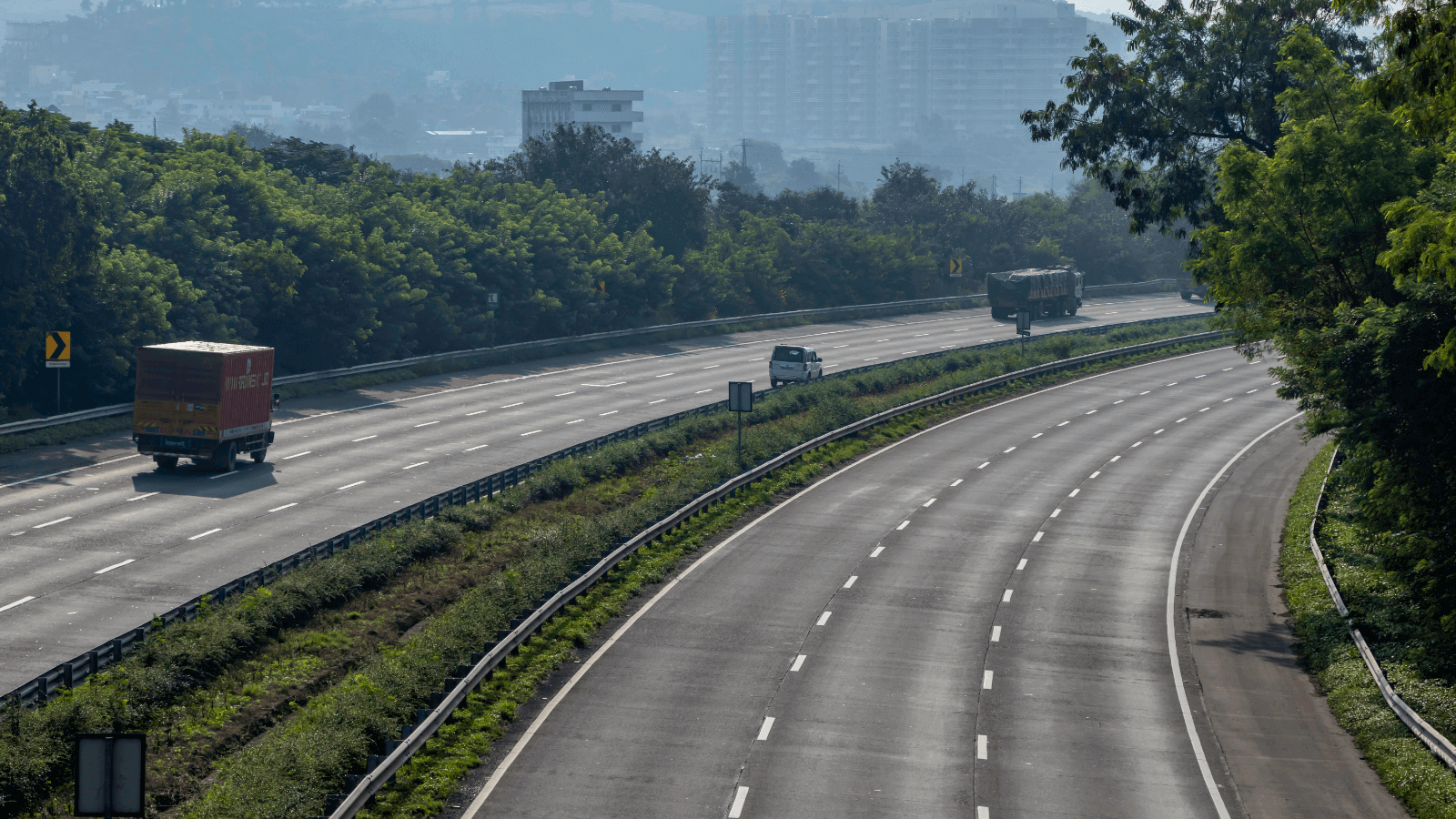What Does the Road Development Boom Mean for EPC Companies

“My target is to achieve 100 km per day of highway construction,” said Nitin Gadkari, Union Minister for Road, Transport & Highways, addressing a virtual event organized by industry body CII in August of 2021.
This was the road development goal he set for the various EPC companies in India and the different governing agencies to pull up their socks and build using sustainable material, but to also build faster!
The emergence of the National Infrastructure Pipeline is suggestive of what to expect from India’s government going forward.
The National Infrastructure Pipeline (NIP) is a five-year package of social and economic infrastructure projects in India with a total sanctioned budget of 102 lakh crore (US$1.4 trillion). The pipeline was initially announced by India’s Prime Minister Narendra Modi during his Independence Day speech in 2019.
As part of the NIP, roadways, expressways, highways, road construction projects in India, railways and power sector assets will encompass over 66% of the total estimated value of the assets to be monetised. The remaining upcoming sectors include telecom, mining, aviation, ports, natural gas, and petroleum product pipelines, warehouses, and stadiums.
For EPC companies in India, this boom in road development projects means they are now in a position to build back better. However, procurement of construction materials will be critical for them to complete these infrastructure development projects within budgeted time, cost and quality.
Timeliness: EPC companies in India will require an agile supply chain for on-time procurement of construction materials. With a digital procurement solution, they can now streamline their sourcing, logistics, and even payments.
It results in the faster delivery of turnkey projects than a traditional model of offline procurement. Simple aspects like being able to digital monitor the various stages of the logistics journey lead to better visibility into the time to sustain in case of a disruption.
Cost: EPC companies need to ensure they are in the best position to negotiate the best cost. A diverse and inclusive supplier base is the key to getting the most competitive cost quotations on construction materials.
A diverse supplier base managed through a single point of contact enables raw material suppliers to be competitive. EPC companies can get the best product at the lowest price point, without skimping on delivery, quantity, or quality.
Quality: Meeting the custom quality specifications for materials like TMT bars, cement, plates, steel, and ready-mix concrete is critical for EPC companies to build high quality roadways, expressways, highways, and bridges. With clean procurement data, EPC companies can reduce the risks of order-supply mismatches.
EPC companies in India will be the change-makers, enabling transformation and fueling the growth of infrastructure development projects in India.
Being in the unique position to enable the procurement of construction materials such as TMT bars, cement, plates, and ready mix concrete, gives EPC companies an edge to deliver the value that the National Infrastructure Pipeline seeks to create.
If you are in the business of infrastructure, construction, or development, then chances are you will benefit from Moglix procurement solutions for infrastructure development projects. To know more visit https://blog.business.moglix.com/epc/
